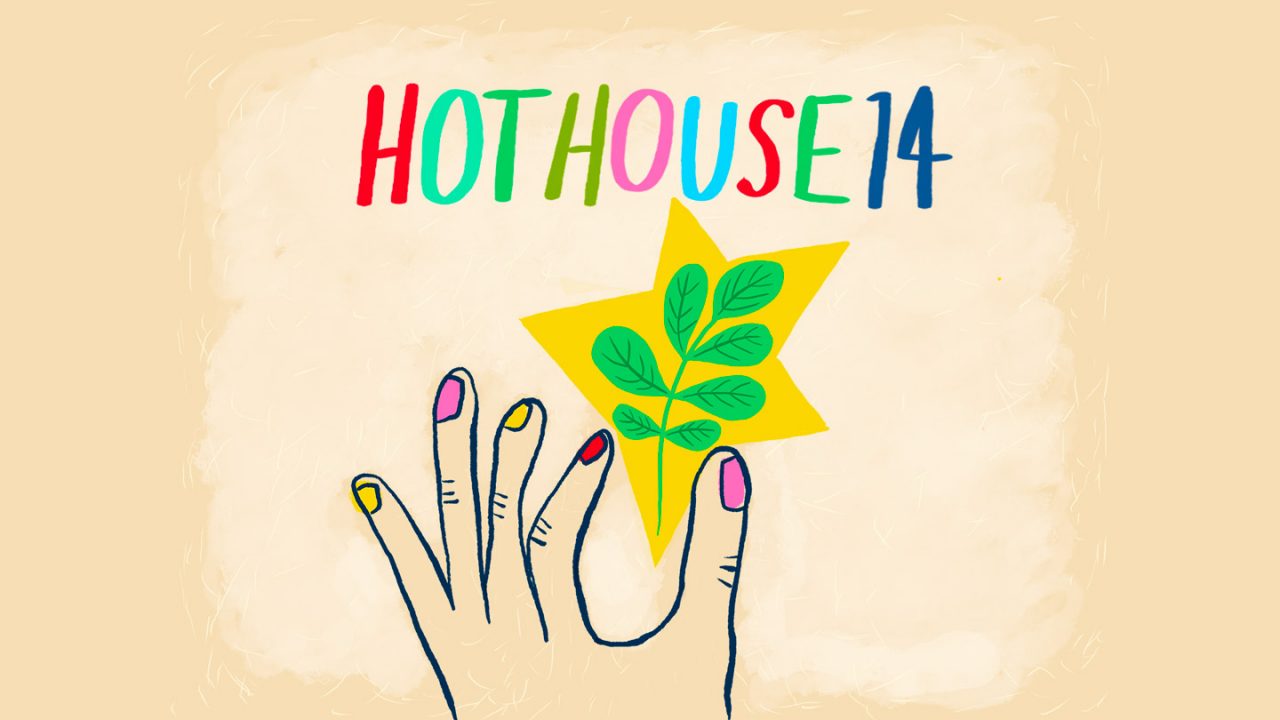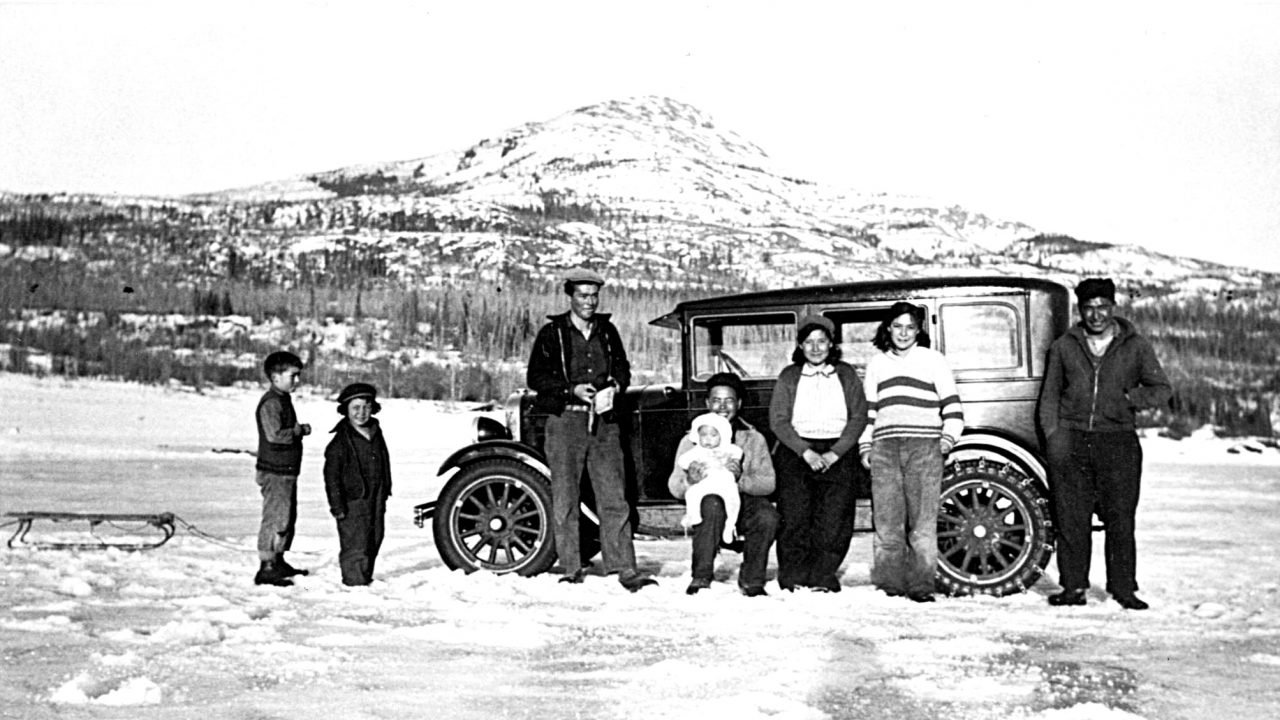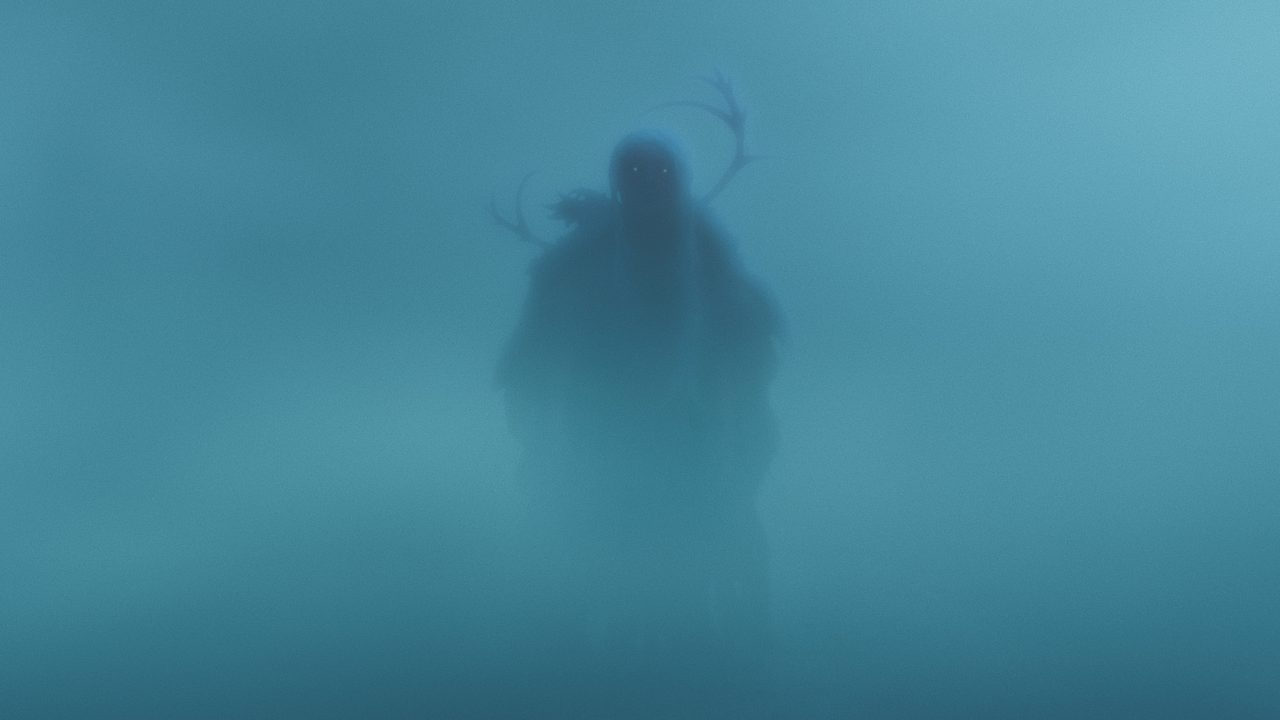
Hothouse 14: A Journey There and Back
Hothouse 14: A Journey There and Back
After graduating from the UBC Film Production program back in 2004, I had no idea where or if my degree would take me anywhere. I was more afraid of entering the real world than my immigrant parents, who let their youngest daughter pursue a degree in the fine arts.
I mustered the courage to call up the NFB and schedule a meeting with then-producer Svend-Erik Eriksen to show him my graduation film. He was kind enough to sit down with me to watch my first film, and he gave me thoughtful and encouraging feedback—and some insights—into the NFB production model. Svend also mentioned this exciting new animation program that his colleague, Michael Fukushima, had started in the Montreal English Animation Studio. It was an intensive mentorship for emerging animators called Hothouse, and he told me that I should apply for the next edition.
Two years later, I would find myself living in Montreal, immersed in Hothouse 3 with animators Patrick Doyon (who would go on to earn an Oscar nomination for his film Sunday) and Rachel Peters, among many other talented artists. I was mentored by award-winning animator Shira Avni and worked with composer/sound designer extraordinaire Luigi Allemano, and in a short three months I completed my first professional film, A Prairie Story.
Which brings me to 2023, almost 20 years later, when I will be associate producing Hothouse 14 to work alongside mentoring director Andrea Dorfman, an animator/filmmaker whom I’ve admired for her human-centred storytelling and DIY flair. I started my career at the NFB teaching animation workshops with school groups, and Andrea’s films Flawed and Big Mouth were basically on repeat in our studios, because the teachers and students gravitated to their messages of self-love and compassion. This fall, I’ll not only get to meet one of the animators I’ve looked up to for years, but I’ll also get to witness her mentor and nurture a new generation of animators as they embark on their animation careers through the Hothouse program.
Flawed, Andrea Dorfman, provided by the National Film Board of Canada
I had a chance to ask Andrea a few questions about her own career as an animator and what she’s looking for in the next group of Hothouse animation artists.
*
Anne Koizumi: Andrea, you’ve had a prolific and inspiring career in animation. How did you get started in animation?
Andrea Dorfman: I didn’t set out to be an animator, but I guess you could say I drifted into becoming one. After art school, I began working as a camera assistant on film crews, making short films on the side until it wasn’t a side (it was the entrée). I’ve always loved animation, and in Halifax there was an emerging animation scene but the line between live action and animation seemed drawn, so I stuck to my lane… until my curiosity got the best of me and a friend, Becka Barker, taught me how to use the old NFB Oxberry and I began to dabble. Around this time, I was also doing a lot of arts and crafts with my step kids, enjoying getting back to my art school roots of creating immediate art with my hands and not feeling precious about artmaking, just playing around with no expectations. I started making little animations with them and was blown away by how easy and fun it was.
I wanted to learn more, so I approached local musician Tanya Davis and offered to make animated music videos for some of her songs. Eventually, I brought animation into my live-action films, at first, by creating short, animated bursts as a brief departure, and then as a layer on top of the live-action storytelling. I really loved how animation had the potential to enhance the story in all sorts of ways. I was also really drawn to the look of combining techniques. At some point, animation started to take over, and these days, I work almost entirely in animation.
AK: What were some of the challenges that you faced as an emerging animator/filmmaker? What helped you overcome those challenges?
AD: Because I didn’t go to school to learn animation, I had to figure out how to do it on my own, which was actually a lot of fun. The amazing thing about animation is that it’s totally accessible. Anyone can learn how to do it! So, with curiosity, a willingness to experiment and taking a lot of YouTube tutorials, I was able to figure out a few different techniques. There were definitely challenges in the trial and error—but that’s also how I learned (and keep learning). It all ends up being a part of the process, and even when things don’t work out the way you expect, something amazing might emerge. There are so many happy accidents that come out of the creative process, and I think this is one of the beautiful aspects of animation. You get to be an inventor, and there is so much magic in coming up with new techniques, of creating a style of your own. And then there’s the magic in watching what you’ve created, because no matter what you think will happen, you can never really anticipate what’ll unfold.
AK: Although you never participated in Hothouse, you mentioned that you’ve always wanted to be a part of it. How do you think emerging filmmakers/animators can benefit from talent-development programs like Hothouse?
AD: I would’ve loved to have been a part of Hothouse! I’ve admired the program from afar ever since it began, but I was always too late or too busy to apply, so being asked to be a mentor for Hothouse 14 is a tremendous honour. To be a part of a program like Hothouse is to be a part of a community, and, as an artist, I know how valuable communities are, for support and to be able to grow and create and learn from one another. Today, more than ever, with everyone working in our own silos, often from home, we need to make sure we create these spaces. And for emerging animators, who have maybe just begun creating outside the school environment or who are jumping into animation for the first time from another discipline and may not know other animators, a program like Hothouse could provide a nurturing environment to flourish.
AK: You’ll be the mentoring director of Hothouse 14. How do you feel about mentorship, and what role can mentors play in the careers/journey of emerging talent?
AD: I am a HUGE fan of mentorship. Over the years, I’ve had many mentors—you could say I’m a mentor collector (:-) and am always searching for more. Some of my mentors are people I’ve never met, some aren’t even alive! Everything we know is because others, before us, have brought us to this place, and there is such freedom in knowing this. Emerging creators are in the greatest position to find mentors, because everything is new and exciting and wide open.
AK: This year’s Hothouse theme is ‘Small Things Considered.’ What advice do you have for applicants and what are you looking for in this year’s Hothouse cohort?
AD: I love the theme ‘Small Things Considered’ because it can mean so many different things. I’m excited to see how the applicants interpret it. As for advice… I try not to give advice to others—hah! But if I had to give advice, I’d give it to my younger self in the form of a quote by director Robert Bresson: ‘Make visible what, without you, might perhaps never have been seen.’ And then I’d also say, if you don’t make it into the program, make your film anyway. The process of creating an animated film is an incredible journey. It’ll take you somewhere you can never imagine.
*
Svend-Erik Eriksen scheduled a 30-minute meeting with me, which was probably only a “small” blip in his busy day. But that small meeting turned into a huge opportunity for me and led me back to the NFB years later, starting my decade-long career here.
So as I reflect on my experience, it’s in the true spirit of this year’s Hothouse theme, “Small Things Considered,” that my journey has led me to this moment.
Watch all the Hothouse shorts here.
Hothouse 14 is accepting applications. Apply now!




Dear Anne Koizumi,
I loved your blog post! The explainer video was a fantastic addition. It simplified the complex topic and made it easier to understand. The visuals and narration were top-notch. Keep up the great work!
Best regards,
ByteChimp